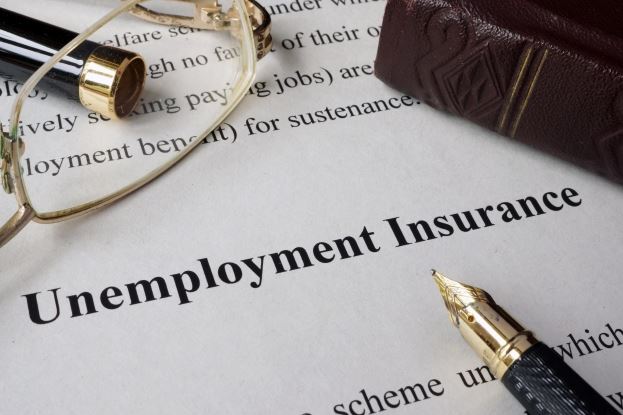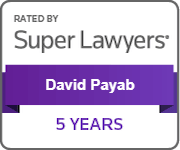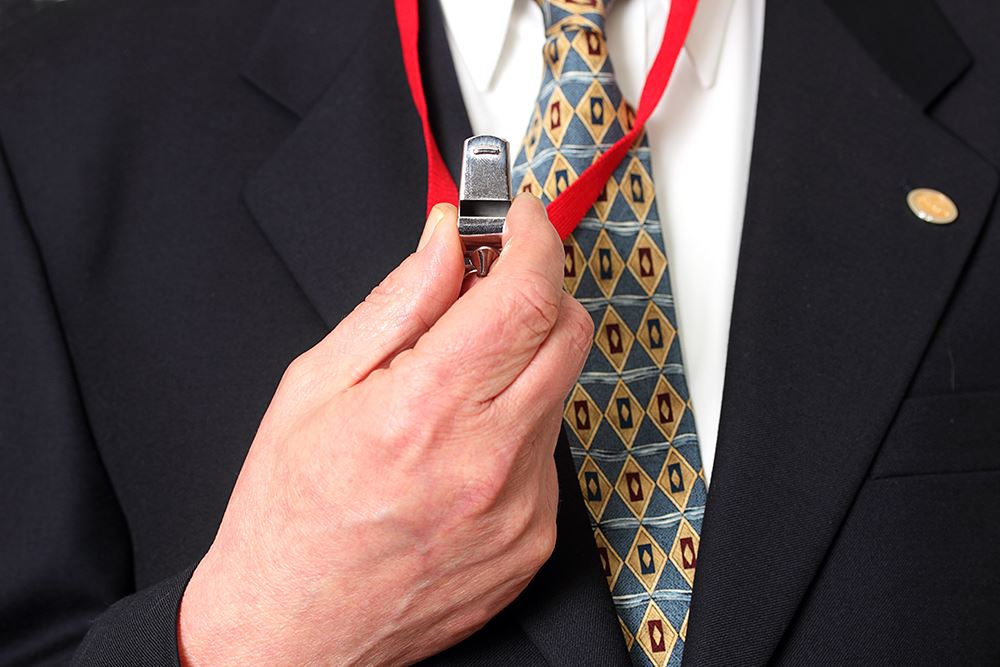
In California, you must be out of work through no fault of your own to qualify for unemployment benefits.
First, layoffs. If you are laid off, lose your job in a reduction-in-force (RIF), or get “downsized” for economic reasons, you will meet this requirement.
Second, firing. If you are fired because you lacked the skills to perform the job or simply weren’t a good fit, you should be able to collect benefits. If you are fired for misconduct, however, you will not be eligible for unemployment benefits.
Third, quitting. If you quit your job, you won’t be eligible for unemployment benefits unless you had a good reason for quitting, meaning that a reasonable person who truly wanted a job would have left under the same circumstances. If you had good cause related to your job (such as illegal discrimination, harassment, unsafe working conditions, or fraud by your employer), you will be eligible for unemployment benefits.
In this situation, you must have taken reasonable steps to resolve the situation before quitting, which means you must have discussed the problem with your employer and allowed a reasonable amount of time for the employer to fix the situation before you left the job.
David Payab, Esq. from The Law Offices of Payab & Associates can be reached @ (818) 918-5522 or by visiting http://payablaw.com/

































